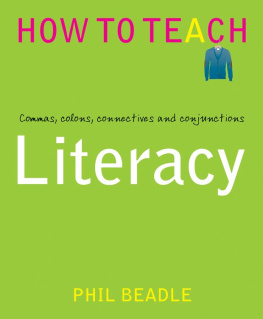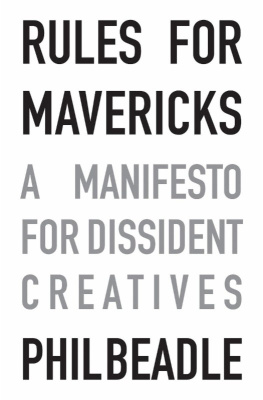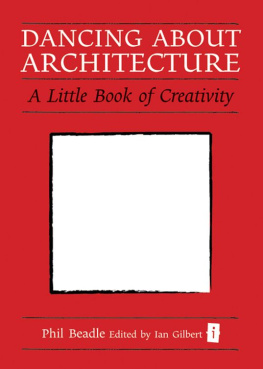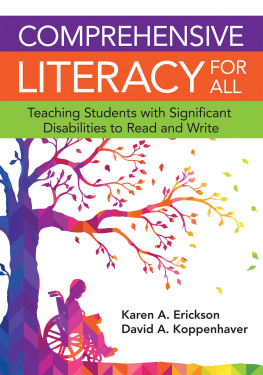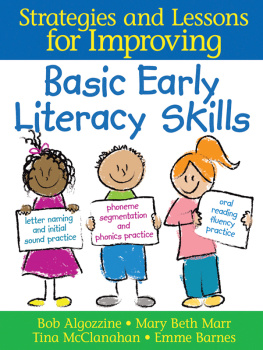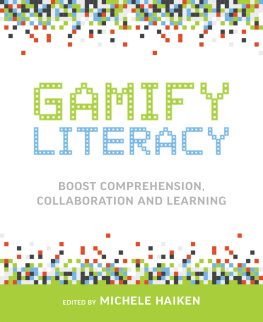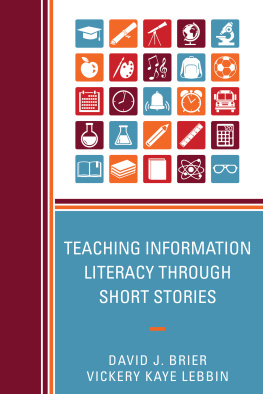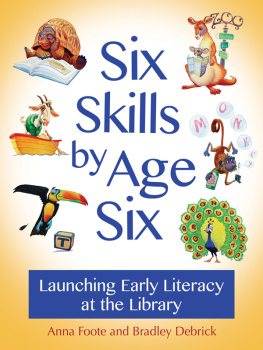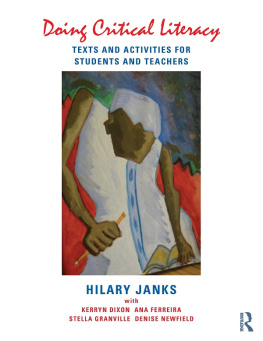I have been lucky enough to meet so many absolutely wonderful people in the more recent years of my career; I think it would be remiss not to take the opportunity to thank them humbly for the friendship, the wine, the iconoclasm, the laughs, the cuddles and the truly excellent swearing.
The list of great people includes Paul Brown (an aesthete and a gent), Cris Campbell, Tait Coles, Rob Cooper (my best mate in England), David Didau (who, for a supposed apprentice, seems to be doing a scarily convincing impersonation of a master), Paul dog with two Dix (proper respectable geezer), Ian Gilbert (mustard in a rumble), Nina Jackson (a sweetheart), Ben Kempka, all at Knox Grammar English department, Caroline Lenton (another sweetheart), Glen Maclachlan (my best mate in the Southern Hemisphere), Chris McPhee, Tony Minall, Tony ODonohue, Martin Robinson (middle aged Cockney drama teachers in quality knitwear: be afraid world), Kevin Rowland, Steve Ruddy (Eaaagles!), Mr James Stafford, Ian Whitwham and the ribald high-priestess herself, Ros Wilson.
Special props must also go to my editor, Emma Tuck, who is the funniest person I have never met. And, most of all, I acknowledge the continued forbearance of the uberbabe, Jennifer Eirlys, without whose love I would have been someone else: someone far worse.
At many points in this tome, youll find there are instances when I have not obeyed my own advice; this is entirely deliberate. Youll find, for instance, that there are countless occasions on which Ive deliberately put an adverb before a verb. In these cases Ive judiciously weighed it up, and definitely felt I could probably cope with the slight jarring effect it clearly produces on the psyches of both reader and author. I also guide teachers not to allow their students to use capitals to display volume when there are a good few examples in the book of me doing the exact thing Im briefing against. The reason for this is that, unlike your students, I am a partially functioning, independent adult who makes a meagre part of his living from writing. I am not seeking to impress examiners; I seek to entertain. My examiner is the reader, and if you have read one of my books before, you will know pretty well what you are going to get: an array of borderline inappropriate knob jokes stretched over an obviously spindly structural device, somehow fleshed out into a borderline cohesive narrative by the bludgeoning weight of the humour, that somehow, against the odds, teaches you loads of stuff you didnt know. I dont have to follow my own advice for teaching children how to write as I am not a child, and if I didnt already know all of the things in this book I wouldnt have been able to write it. I think there are also a couple of occasions where I use three exclamations together!!! I am allowed to do this because it is clear I am taking the mick. Children are not allowed to do this. You have to be in late middle age to get away with it.
I also need to warn you, as if you needed warning, about the appropriateness (or not) of some of the humour. I am 49 years of age, have no interest whatsoever in the vagaries of social nicety and speak in my own voice, not some anthropologically esoteric academic code. Try not to be offended. If you are of the mind to try on that particular coat, and if anything in this book offends you to the point that you cannot take the information in it seriously, chuck it in the bin.
And let us now bring up a perspective about writing, and about the rules, that one must have some cognizance of in order to do it with any degree of skill: sometimes youve just got to go with the feel. That isnt to say that you should use going with the feel as an excuse for your ignorance of the rules. But once you have some command of them, then you can start subverting the rules deliberately to create interesting effects, both rhythmic and semantic. Rules are important, of course, and this book exists to help you understand them and then teach them to the young people who need access to them, but dont make a theocracy out of them. They exist to provide the structure within which we might play.
On a related tangent, it would be foolish of me to ignore the possibility that this book might be chanced upon in a branch of Oxfam by some petty grammarian who regards proper grammar as having some moral aspect. Such people are responsible, as A. A. Gill a writer who did not let his dyslexia hide his brilliance notes, for, The dullest, most pompous letters a paper gets from the grammar Stasi agent who has been reading Eats, Shoots and [sic] Leaves on the bog. If you are one of those people and you spot the mistakes the proofreader has made in the proofing of this book its her fault, not mine, shoot her! then any assertion that the author of this book is a symptom of what he is trying to cure has an interesting self-referential surrealism, but is really needless nit picking. Go back to your Daily Mail.
I am for the working class being held worthy of intellectual respect, and I am also for teaching children the stuff they need to know to attain this. I dont always get things right, as I am self-taught. My teachers didnt know this stuff, your teachers didnt know this stuff, and that is why this book is necessary. Ultimately, what it stands for is democracy: democratisation of expression, democratisation of some minor elegance in the written and spoken word, democratisation of having a voice. And it is a book that, while overly proud of its own anger, is also in possession of a pair of truisms that, for me, are not ever shouted loudly enough or with enough steel or violence of intent.
The first of these is the statement that literacy is political, and the second, built on the first, is that equipping children from the lower social orders with heavyweight skills of expression, when combined with teaching them their place in the hierarchy, is the most potently subversive political act available to any human.
It is my perspective that the most important thing you learn in school is how to communicate; and it is also my perspective that, systemically, we the educators responsible for growing future generations that might use their literacy to fight the manifold punitive orthodoxies inflicted upon them do not teach this very well. As a result, the rich children who are educated separately from ours are allowed to grow up with the sense that they alone have the erudition, the mastery and the skills of articulation to properly engage with any political arena. Furthermore, the elites have been indoctrinated to believe that they (somehow) have ownership of the language.
I will leave it to A. A. Gill, whose view of social class is radically different to that one might expect from a columnist in one of the top peoples papers, to point this out from the left bank of the inside. Speaking of the English language as an unstoppable river, he writes, Nobody can alter its path of its destination, it belongs to whoever finds it in their mouth. It washes away dictionaries and lexicons and fun licking grammars. It is global and as free as breathing and the only truly democratic thing we own. Dont let anyone tell you that its more theirs than yours because they dont dangle participles. Use this book to teach children to speak, to write, to read well. Use it to alter their destinies. Use it to teach them that there are rules, and they are worth learning. But, I repeat, dont make a theocracy out of them. And dont forget: to be properly nourishing, and to properly inspire, the line betwixt work and play should not always be immediately visible.

